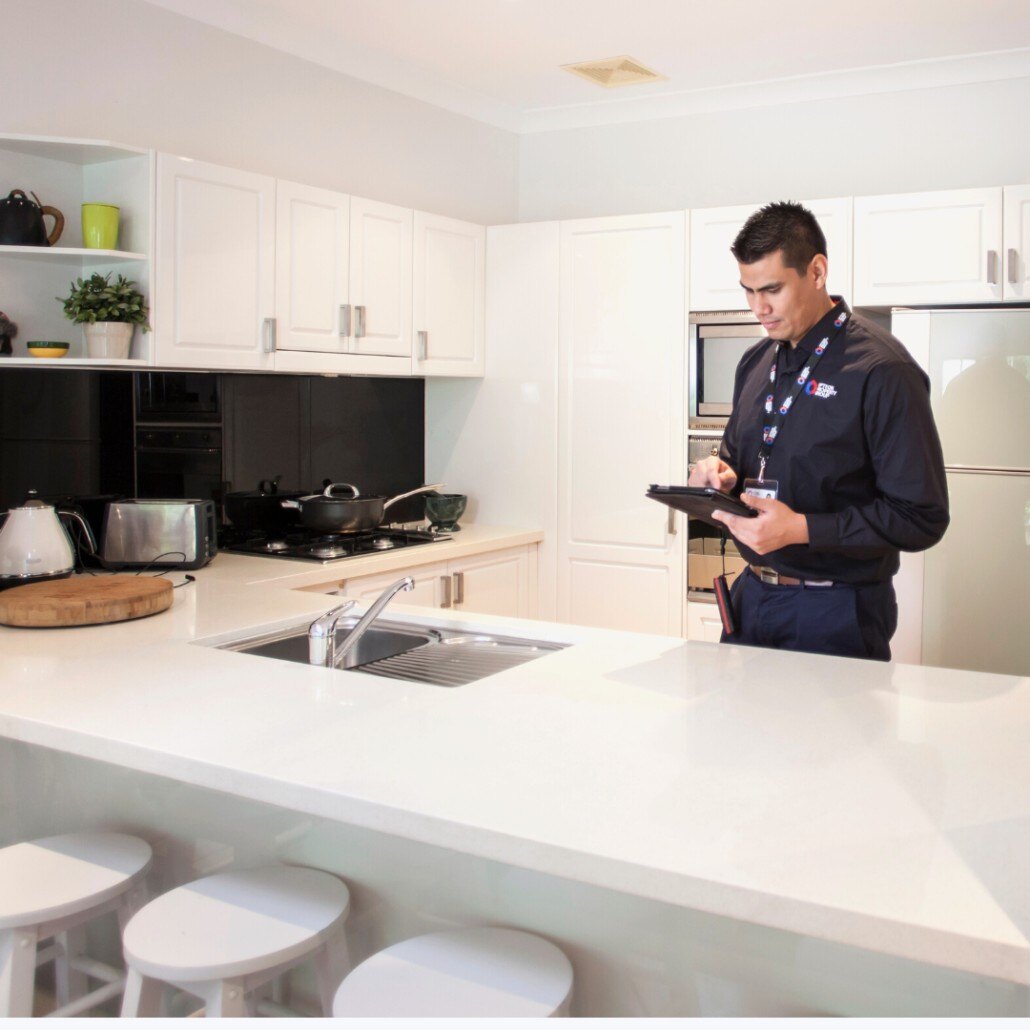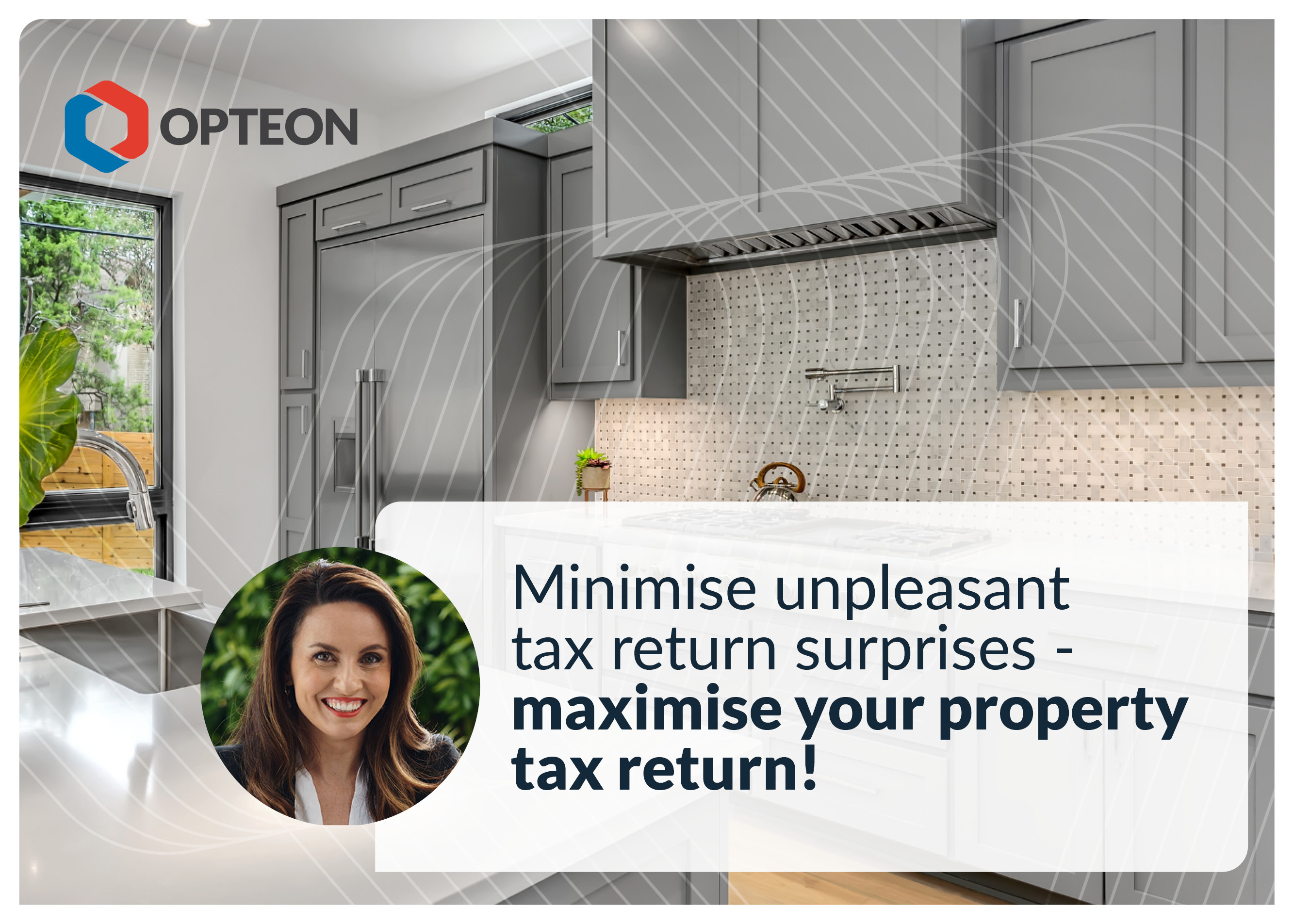Our clients often ask if they can claim depreciation on a property in which they have previously lived in, and then rented out. In short, the answer is, yes!
Although depreciation of an asset commences from the date construction was completed, claims – tax deductions for the aging and wear and tear of income earning improvements – for depreciation of income earning property commence from the income date – the date the property was first leased or available for lease.
Even though depreciation of Plant and Equipment cannot be claimed on pre-occupied properties, the owner can still claim capital allowance on the building and structural improvements. As this forms a majority of the claim, a report is worthwhile.
For example, we were recently engaged to provide advice to a young investor in Seaford, Melbourne. He purchased the property off the plan for approximately $450,000 and it was completed in early 2016. The property comprises 2 bedrooms, 2 bathrooms and the dwelling is approximately 98 sqm in size. After living in the property for almost 2 years, in March 2018 he decided to lease it.
Below is a direct extract of the first 10 years of his allowance. The first year is taken from the income date, therefore only approximately 3 months were eligible for calculation.
The client was still able to claim $4,505 each full year thereafter, certainly a worthwhile exercise when the fee was 100% tax deductible!
| Year | Financial Year Ending | Total Division 43 Allowance | Share of Division 43 Allowance |
| 1 (93 days) | 30 Jun 2018 | 1,160 | 1,160 |
| 2 | 30 Jun 2019 | 4,505 | 4,505 |
| 3 | 30 Jun 2020 | 4,505 | 4,505 |
| 4 | 30 Jun 2021 | 4,505 | 4,505 |
| 5 | 30 Jun 2022 | 4,505 | 4,505 |
| 6 | 30 Jun 2023 | 4,505 | 4,505 |
| 7 | 30 Jun 2024 | 4,505 | 4,505 |
| 8 | 30 Jun 2025 | 4,505 | 4,505 |
| 9 | 30 Jun 2026 | 4,505 | 4,505 |
| 10 | 30 Jun 2027 | 4,505 | 4,505 |
If you’d like more information on how Opteon can help you with your tax depreciation questions or a quote, you can contact us by emailing depreciation@opteonsolutions.com or calling 1300 40 50 60.
Disclaimer: Opteon does not provide accounting, specialist tax or financial advice.








